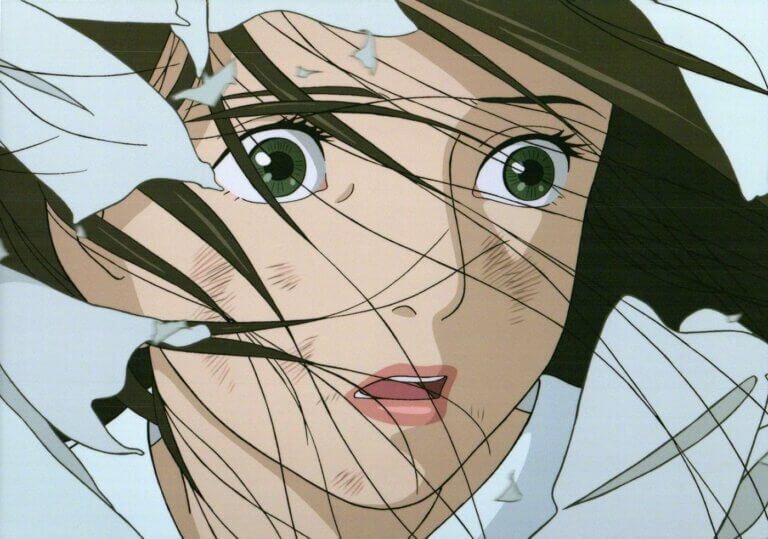A few recent movies
Sometimes I’m not completely sure if “they don’t make movies like they used to” or I am just getting old and grumpy. Probably a combination of both.
Yesterday I started watching “Everything Everywhere at the Same Time”, or however it’s called — you know what I’m talking about, as it won the previous Oscar and was on the top of the list at the BBC, NYT and many film magazines as “the best film of 2022”.
Well, I guess that’s why I don’t trust the NYT or BBC. I couldn’t stand more than 30 minutes of it.
The film was just too stupid and obnoxious. Plus, the overcomplicated but stupid plot wasn’t helped by having it explained by characters speaking English with a Chinese accent.
So I switched to Kenneth Branagh’s “Belfast”, and the best I can say about it is that at least I could finish it.
But… Meh.
I mean, it’s not a completely bad film, I suppose it is well-done, but… Just a bit too mawkish, sentimental and fake to me, not to mention simplistic.
Yes, it’s supposed to be one of those “the complicated world of the adults as seen through the point of view of a child“ (as if we hadn’t seen tons of films like that), but the problem is that it’s not a real child, it’s a screenwriter’s view of a child. Children don’t talk like that. Hell, old people don’t talk like the grandfather and grandmother either. Sometimes artificiality can work too, but I don’t think it does in this case.
More on the technical side, the black-and-white cinematography is not even remarkable, just bland… And I love black and whit movies, except when they’re done for no other reason than to be “artsy” or “nostalgic”. (In this case, I think it was done just to copy “Roma”).
In terms of art direction… The street doesn’t seem authentic, but more like a backlot of a studio, which I suppose is what it was. Everybody is just too perfect, too good-looking, too good. Is that really how working-class Northern Ireland back in the 1960s looked like?
I don’t know, but I’d guess than in a real working-class neighbourhood of the time grandpa would be a raging alcoholic beating granny, the mom would be more of a whiny bitch and the father a gambler, the streets wouldn’t be so clean and shiny and riots wouldn’t be choreographed like in a musical. (For a more realistic example of real working-class life, see Bresson’s “Mouchette”)
And, finally, there’s the usual forced diversity with a black cop, an Indian shopkeeper, some sort of mixed-race teacher and a couple of Asian children… Sure, they are only background characters, you barely see them with the corner of your eye, but perhaps it’s even more insidious like this, like an attempt to get you to accept diversity through “subliminal conditioning”. Unless there is now a clause in the contracts for all Hollywood movies that you just have to hire at least some non-white characters in every film?
Regarding the historical point, I thought the following commenters from IMBD were right in their assessment of how the movie treated the issue of the “troubles”:
Kenneth Branagh does not claim that his family actively opposed vigilante violence or that they took risks to defend Catholic neighbors– which would have made for a compelling narrative of valor and self-sacrifice. Instead, we see that his father didn’t want his family conscripted into a Protestant mob (good on him) and sought a better life for all of them ‘across the water.’ Sincere congrats to them, but I’m not sure I detect either heroism or a valid movie premise here, and I certainly don’t detect any sophisticated or nuanced political/social commentary about the troubles.
And:
Second, and more seriously, the film maker is reducing a messy, tangled political morass into a Hollywood Western morality play as if the radical Protestants were Pure Evil and the moderate Protestants were, well, Gary Cooper (And, by the way, where are the friggin Catholics in this film? It’s like making a movie about the French and Indian War and leaving out the Indians).
Indeed — if, like me, you’re not Irish but you were expecting to learn more about the “troubles” in Ireland in the 1960s, this is not the right film for you.
So, any good movie recommendation? Well, I would recommend Bresson’s “Mouchette”, which I loved and will write more about later, but that’s from 1967. But I did watch and liked the recent Miyazaki movie, “The Boy and the Heron”. Sure, it is not as good as “Chihiro’s Journey” (aka “Spirited Away”) or “Ponyo” (I love this one, even though I think many don’t), and it has a slightly overcomplicated plot and some esoteric stuff which will probably fly over the head of all children and most adults, but it still has that old Miyazaki magic. So that’s my recommendation for you.

